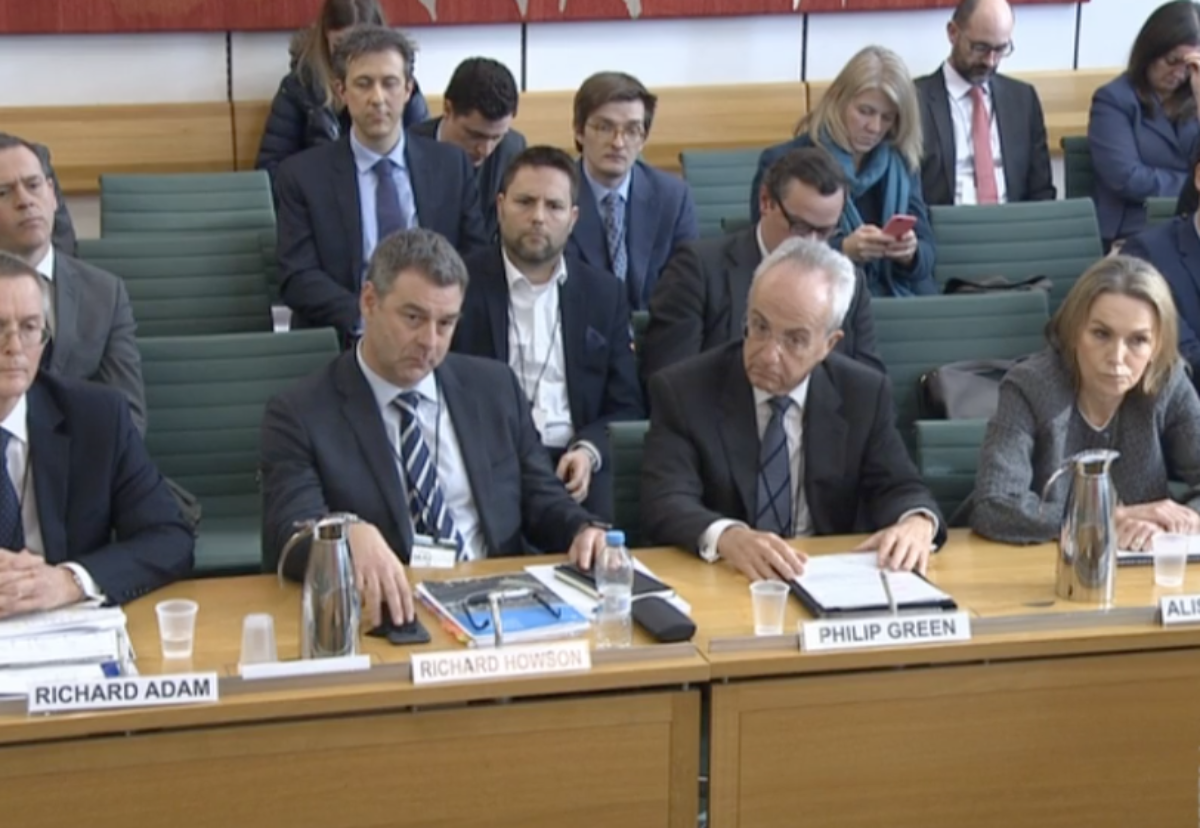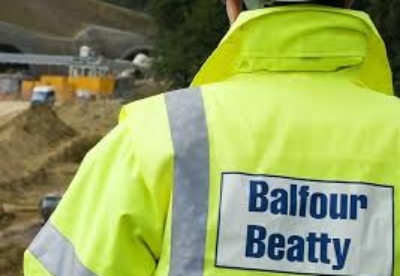A damning 100-page final report from the parliamentary joint pensions and business committees has laid bare the directors’ failings.
It recommends the Insolvency Service carefully consider whether former directors breached their duties under the Companies Act and should be recommended to the Secretary of State for disqualification.
Carillion’s rise and spectacular fall was brought about by recklessness, hubris and greed, said watchdog MPs
Directors pursued a relentless dash for cash, driven by acquisitions, rising debt and exploitation of suppliers with at best questionable accounting practices that “misrepresented the reality of the business”.
Even as the company very publicly began to unravel, the board was concerned with increasing and protecting generous executive bonuses.
The report said Carillion was unsustainable and the mystery is not that it collapsed, but that it lasted so long.
MPs were particularly critical of three key directors.
Richard Adam, Carillion’s finance director for 10 years, is lambasted as the architect of Carillion’s aggressive accounting policies who resolutely refused to make adequate contributions to the company’s pension schemes which he considered a “waste of money”.
His voluntary departure at the end of 2016 and subsequent sale of £776,000 in shares before the wheels began very publicly coming off and their value plummeted were the actions of a man who knew where the company was heading once it was no longer propped up by his accounting tricks, says the report.
It said Richard Howson, chief executive from 2012 to 2017, was the figurehead as the business careered progressively out of control under his misguidedly self-assured leadership.
The report also described Philip Green, who joined the board in 2011 and became Chairman in 2014, as an unquestioning optimist when his role was to challenge.
He described Carillion as an “attractive and compelling proposition” for investors days before £845m of contract write-down, and believed he was the man to head a new leadership team right until the end.
Carillion’s directors elected to increase its dividend pay-out every year, come what may.
The report said even as the company began to crumble the board was concerned with increasing and protecting generous executive bonuses.
Long term obligations, such as adequately funding Carillion’s pension schemes, were treated with contempt.
The directors’ aggressive accounting practices, described by one major shareholder in Carillion as having “no place in a healthy audit”, are highlighted by the case study of the Royal Liverpool Hospital.
A November 2016 internal peer review of the hospital contract reported it was making a loss.
Carillion’s management overrode that assessment and insisted on a healthy profit margin being assumed in the 2016 accounts.
The difference between those two assessments was around £53m, the same loss included for the hospital contract in the July 2017 profit warning.
Carillion used aggressive accounting policies to present a rosy picture to the markets.
Maintaining stated contract margins in the face of evidence that showed they were optimistic, and accounting for revenue for work that not even been agreed, enabled it to maintain apparently healthy revenue flows.
It used its early payment facility for suppliers as a credit card, but did not account for it as borrowing.
MPs said the only cash supporting its profits was that banked by denying money to suppliers.
Whether or not all this was within the letter of accountancy law, MPs accuse Carillion of intending to deceive lenders and investors. It was also entirely unsustainable: eventually, Carillion would need to get the cash in.
The group collapsed owing around £2bn to its 30,000 suppliers, subcontractors and other short-term creditors.
Like the pension schemes, they will get little back from the liquidation.
Creditors have been told they are likely to get back less than 1p for every £1 they are owed while taxpayers face at least £150m in costs associated with the liquidation.














































.gif)






 May 2025.gif)

